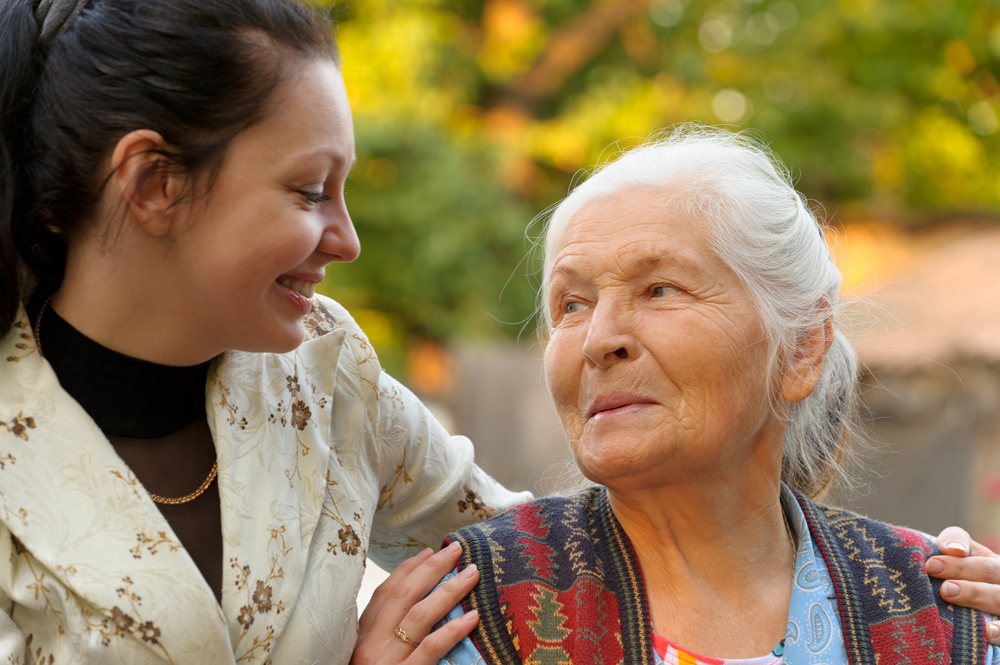Senior Conversation Starters: Discussion Topics for Elderly Adults

Talking to Elderly: What Not to Do
Talking to seniors can involve several nuances in communication. Here are a few things you’ll want to avoid when speaking with seniors.
- Don’t give unwanted advice.
- Parents have experience taking care of children themselves. So hearing advice from a child (even if it is an adult child) can feel belittling.
- Instead, try to support and encourage your loved one without necessarily giving advice.
- Parents have experience taking care of children themselves. So hearing advice from a child (even if it is an adult child) can feel belittling.
- Don’t use “elderspeak”.
- There is no need to use condescending language or to talk in a high-pitch voice. You also do not need to shout at an elderly person if they did not hear you the first time you said something. Sometimes, people simply miss words and can hear just fine.
- Use your usual vocabulary rather than simplify it. Also, talk to the elderly person directly rather than asking someone else, “How are they doing today?”
- Don’t forget they are people too.
- Do not treat them differently because of your preconceived notions about older adults.
- Realize that they have had rich experiences, which you can tap into and learn from.
Effective Communication Methods: How to Talk to Elderly People
Coming up with elderly topics of interest is challenging on its own, but before you do that, you should master the art of communication with this community.
Download a Free Guide to Home Care
Here are some tips and tricks.
- Give your full attention and be patient if they are unable to speak at a faster pace.
- Let them speak freely without interruption.
- Focus on one topic at a time. Avoid jumping around several topics to prevent confusion.
- Choose the right environment for a conversation. Avoid speaking in noisy areas with competing sounds of a radio or TV.
- Try to avoid open-ended queries, especially when speaking with an Alzheimer’s or dementia patient.
- Accept differences in opinion and try to compromise when the two of you need to make decisions.
- Pick your battles. It’s best to prioritize issues you want to deal with first and then celebrate with each victory.
Discussion Topics for Seniors
Conversation starters for elderly individuals are no different than starting a conversation with people your own age. It’s all about finding a topic to engage them.
- Ask about their past.
- What is your favorite childhood memory?
- What did you and your friends do for fun when you were younger?
- What was the best lesson you learned?
- Ask for their views on the present.
- What is one piece of technology you think has changed the world for the better?
- How do you think the world has changed from when you were my age?
- What is something that made you happy this week?
- Look toward the future.
- What do you imagine (me, your grandchildren, etc.) accomplishing in 10 years?
- How do you imagine the world will change in 10 years?
- How would you like to be remembered?
- Ask about their favorite things.
- What is your favorite type of show/movie/music?
- What do you like to do for fun and is it something we can do together?
- What is a new skill you would like to learn?
- Ask about accomplishments.
- What are you most proud of?
- How did your experience (in the military, during this particular time period, etc.) shape you?
- What lesson would you like to pass on to future generations?
Subscribe
Date: 2019-01-29


